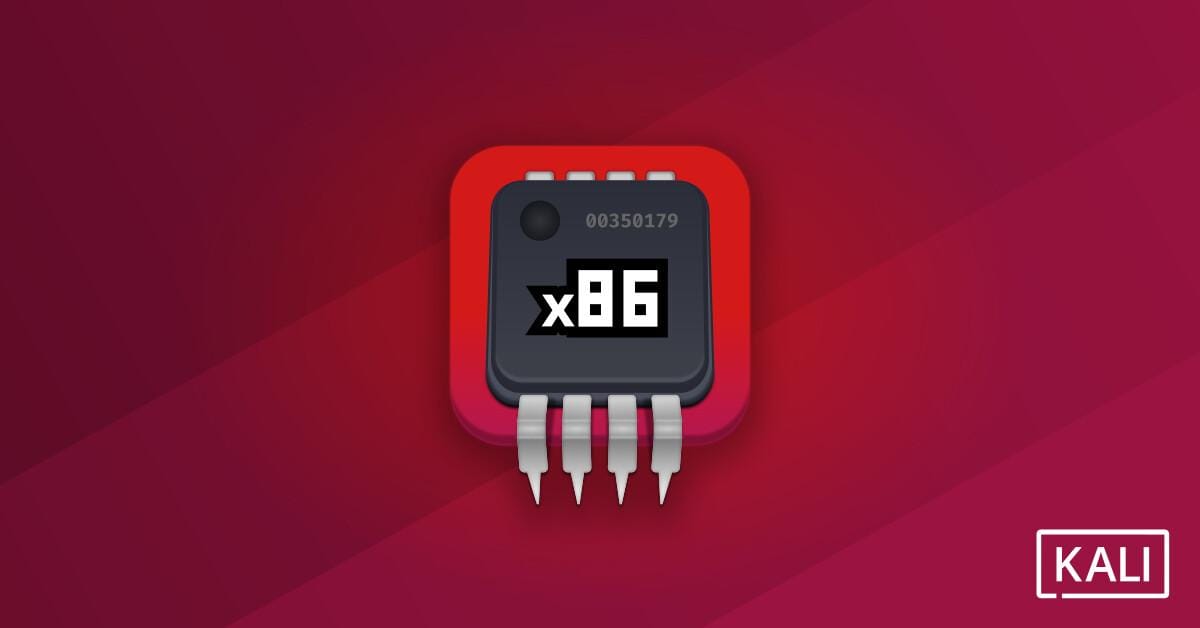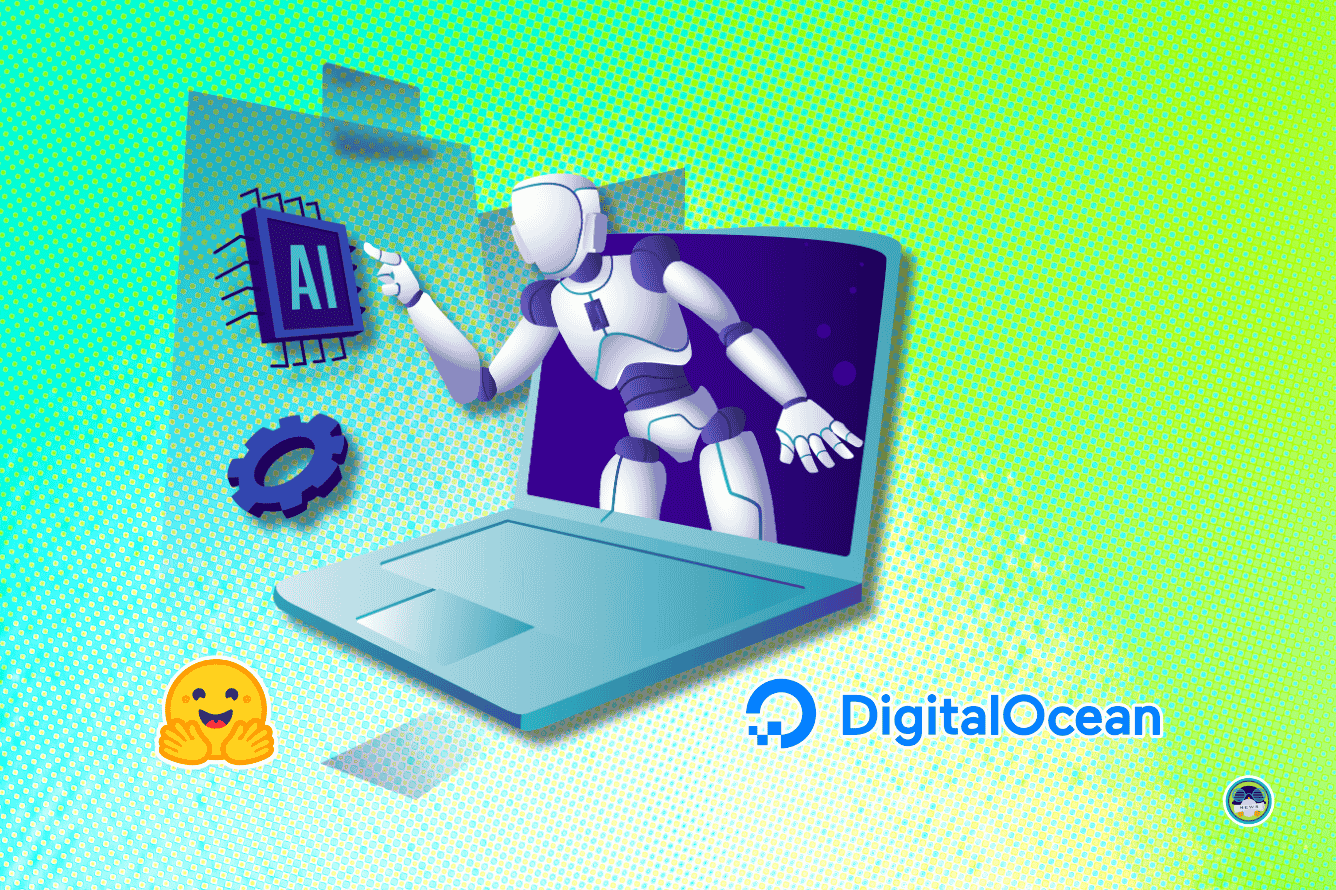
i386, or IA-32, is the 32-bit version of the x86 instruction set architecture (ISA), which has been around since 1985 when Intel introduced the 80386 microprocessor. It was at the forefront of personal computing for many decades, before 64-bit computing became mainstream.
Over the years, many Linux distributions have moved away from i386/32-bit builds owing to its outdated state considering everyone has 64-bit hardware now, and it appears Kali Linux has joined that club as well.
32-Bit Builds Are No More: What Happened?

Recently announced by the developers, 32-bit builds of the Kali Linux kernel and images have been discontinued, with no new i386 installer images, live images, or pre-built VM images to be released in the future.
The transition has already begun, as today's weekly builds don't include any 32-bit images, and the forthcoming 2024.4 release is expected to follow suit.
This move was a long time coming, seeing that the last 32-bit CPU models came out back in 2007, and Kali Linux's upstream, Debian, decided to drop i386 kernel packages late last year.
In the announcement, they added that:
Kali Linux is based on Debian, so it follows that Kali Linux also drops i386 kernel and images. This is going to be effective for weekly images starting 2024-W44, to be published on Monday 28th of October. It’s already effective for Kali rolling users.
However, they have ensured that i386 packages will remain in the repositories, allowing people to run i386 programs on 64-bit (amd64) systems without any issues. They are also providing i386 Docker images for those interested.
💬 Will you miss 32-bit builds of Kali Linux? Looking to switch due to this? Let me know!
Suggested Read 📖

- Even the biggest players in the Linux world don't care about desktop Linux users. We do.
- We don't put informational content behind paywall. Your support keeps it open for everyone. Think of it like 'pay it forward'.
- Don't like ads? With the Plus membership, you get an ad-free reading experience.
- When millions of AI-generated content is being published daily, you read and learn from real human Linux users.
- It costs just $2 a month, less than the cost of your favorite burger.
Become a Plus Member today and join over 300 people in supporting our work.











